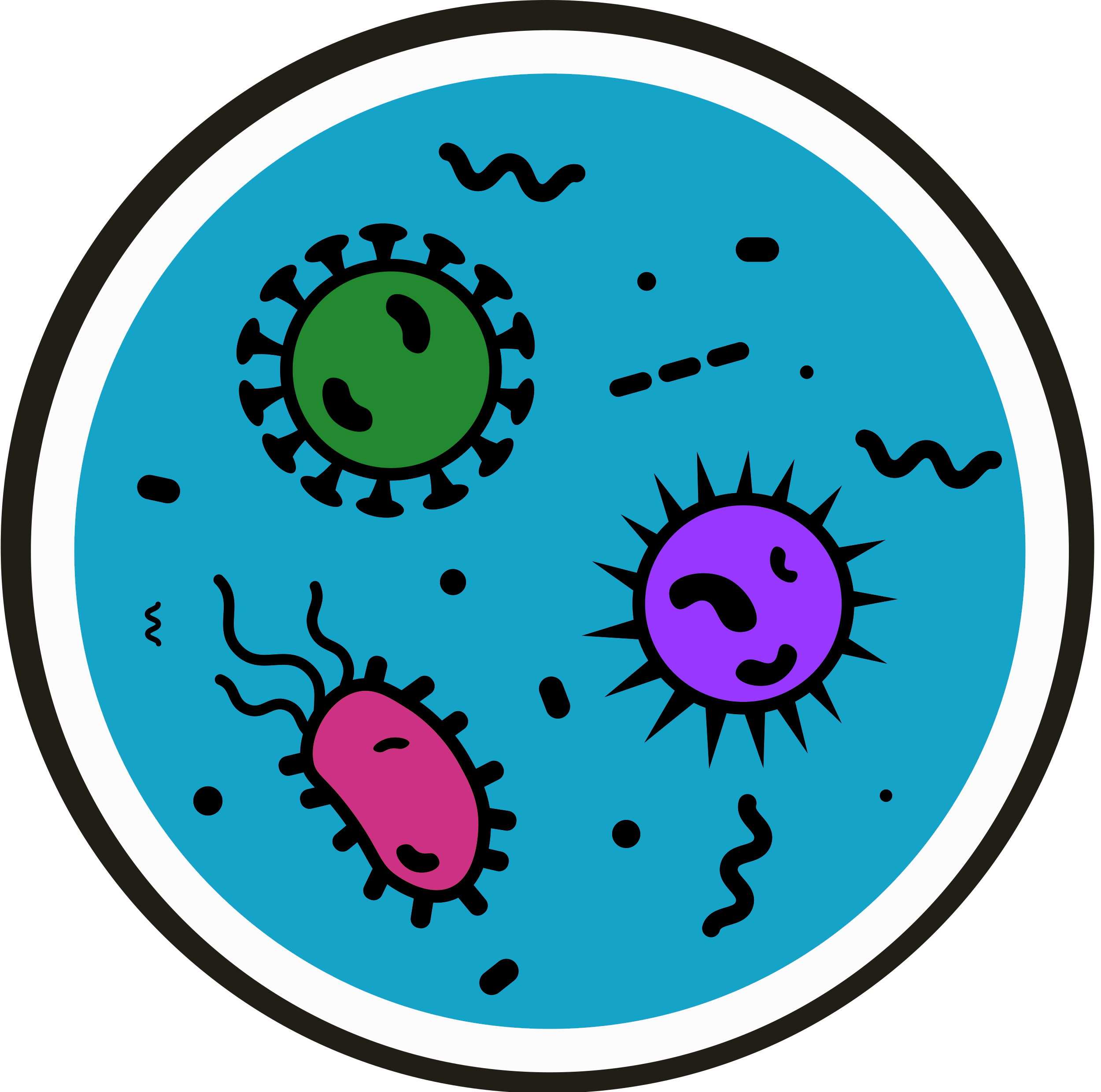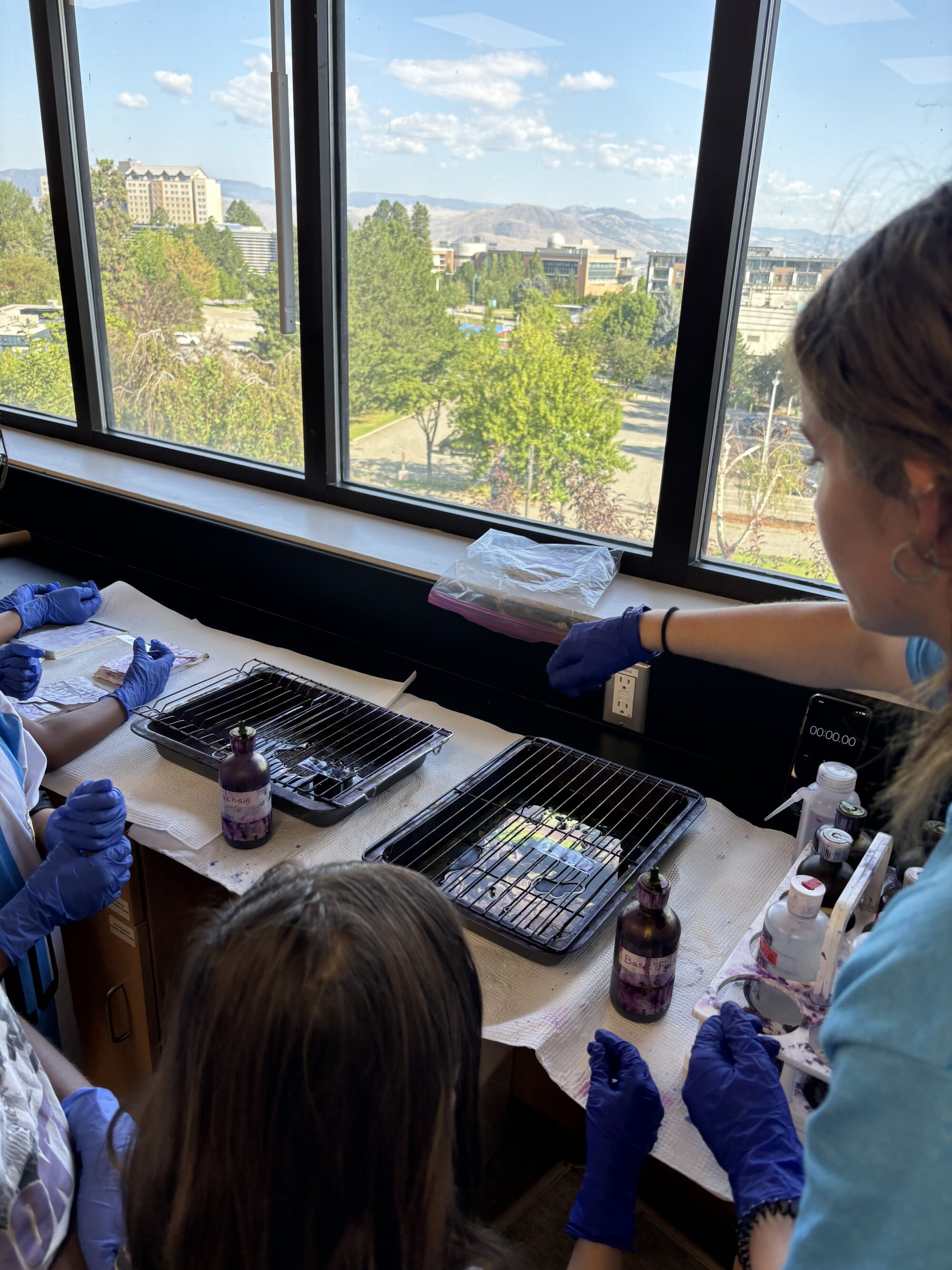Program Summary
The AI literacy program aims to teach students the basics of microbiology and how artificial intelligence is used in the real world and experimentation. Through problem-solving and hands-on collaboration, students will get a chance to learn, teach, visualize, and experiment.
Description of Activities
Day 1: Students will learn about the behaviour and morphology of bacteria through an interactive presentation. Students will be guided through a hands-on Gram staining procedure, and practice microscopy to visualize a bacterial specimen.
Day 2: Students will learn the basics of artificial intelligence through an interactive presentation. They will work collaboratively using AI image generation software to attempt to recreate an image of their own bacterial specimen they saw under a microscope the previous week.
Learning Outcomes
- Understanding Microorganisms
- Microbial Importance
- Microscopy techniques
- Ethics of AI
- Problem-Solving and critical thinking practice
Ties to BC Curriculum – Grade 6
- Exploring and sharing multiple perspectives extends our thinking.
- Asking questions, processing and analyzing results, making changes, and applying knowledge.
- Questioning what we hear, read, and view contributes to our ability to be educated and engaged citizens.
Target Ages: 11-13
“To inspire young minds about microbiology techniques and spread knowledge of the implications of artificial intelligence, specifically in the science field” – Hannah, Program Co-Developer

